Safe Driving Tips for Hauling Your Outdoor Gear

Between the winter weather and a global pandemic, your family has likely spent a lot of time indoors over the past few months. So as summer approaches, many are eager to get outdoors and practice social distancing in the fresh air and sunshine.
Whether your favorite outdoor activity is biking, camping or boating, you’ll need to get your gear from home to the trail, campsite or lake — which means hauling it in your vehicle. (Having the right auto insurance can get you prepared for that epic road trip, too.)
Outdoor equipment is often bulky and awkward to move, which can make transporting it a real pain. And failing to haul it safely can put you and others at risk, causing damage to your vehicle or putting nearby drivers in harm’s way.
To help you safely and securely transport all your favorite equipment, we’ve assembled a list of tips for safely hauling your outdoor gear.
Bike Racks and More: How to Transport a Bike in a Car
Ready to hit the trail for a day of cycling? Whether you’re training for a road race or taking a leisurely ride with the family, it’s important to securely mount your bike(s) to your vehicle. For that, you’ll need a bike rack. Here’s some information to help you choose the right bike rack for your car, truck or SUV:
- Roof racks:
Rooftop racks mount to the top of your vehicle. It’s a versatile system for hauling gear because it can be adapted to a variety of equipment — including bikes, skis, snowboards, surfboards, kayaks, canoes and storage boxes. So if you’re going to be carrying more than bicycles, that’s worth considering. Roof racks are one of the more secure ways to mount your bike, but they do come with a few disadvantages. You’ll need to lift and hoist the bikes above your head, and some racks require you to remove the front wheel. The additional height they add to your vehicle can also limit your parking options in garages and other low-clearance areas.
- Hitch racks: A hitch-mounted bike rack is secured to your vehicle using a trailer hitch. These types of racks are easy to install and even easier to load and unload your bikes — making them a good option if you’re an avid biker. You will need a hitch receiver on your vehicle. A receiver can be installed on most vehicles, even if it’s not original equipment. But it’s an added cost you’ll need to account for.
- Trunk racks:
Trunk-mounted racks are the least expensive and most portable option for transporting your bikes. They mount to the trunk of your vehicle using a series of straps and hooks. Similar to hitch racks, they’re easy to load your bikes on. But when using them, you won’t be able to access your trunk or rear hatch.
- Truck racks:
Just because you drive a pickup truck doesn’t mean you should just throw your bikes in the back. Truck racks are designed to mount inside the bed of the truck, allowing you to avoid damaging your bikes by securely mounting them in place.
- Spare tire racks: Similar to trunk racks, these racks are designed to mount to vehicles like Jeeps with a rear-mounted spare tire.
Car Camping: Gear Packing Tips
Spending a few nights in the great outdoors can be a perfect way to take a break from the stresses of everyday life. But setting up your home-away-from-home also requires a good amount of gear. Avoid the temptation to fill your vehicle up to the roof. This obstructs the view from your rearview mirror and severely limits your visibility. Instead, consider one of these safer hauling options:
- Rooftop cargo boxes
: Using your vehicle’s roof rails, a hard-sided cargo box can provide loads of extra storage for camping gear. These boxes are available in a wide range of sizes and offer secure, weatherproof storage for your equipment. You can find cargo carriers that open from the side or back, and most are keyed to keep your items locked down. Just keep in mind that your vehicle will need crossbars mounted to the roof rails, which may be an additional expense.
- Rooftop cargo bags:
Soft cargo bags offer a similar storage solution to hard cargo boxes. They’re less expensive and easier to store when not in use. However, they’re also less likely to keep your gear dry in the rain.
- Hitch-mounted cargo carriers:
These cargo carriers operate similarly to hitch-mounted bike racks. Featuring a platform that you insert into a hitch receiver, they’re a good option for storing bulky items like coolers. Just be sure your gear doesn’t exceed the hitch tongue weight provided by the vehicle’s manufacturer.
- Trailers: If you need more room than the above solutions provide, consider using a small utility trailer. Trailers can easily be rented if you don’t have room to store one. Just make sure the trailer you tow falls within your vehicle's tow ratings.
Kayak and Canoe Transport
Small boats such as kayaks and canoes can provide a relaxing day of paddling or the adrenaline rush of navigating whitewater rapids. But you won’t enjoy either activity if your boat doesn’t make it to the water safely.
Because of their size, a roof rack is the best option to transport your boat. Here are a few options:
- J-cradles:
This type of roof rack allows you to transport a kayak on its side — meaning you can haul two at a time if needed. But unless you have a short vehicle, loading and unloading the boat is also a two-person job.
- Saddle racks:
By supporting the boat on each side, saddle racks can be used for either canoes or kayaks. And because you load the boat from the back of the vehicle, these racks are easier to load if you’re a solo paddler.
- Foam blocks: The most inexpensive option to transport your canoe or kayak is purchasing foam blocks to insert over your vehicle’s roof rack crossbars. Just be sure the boat is tied down securely.
How to Haul Boats, ATVs and Campers
If you own one of these outdoor toys , you won’t be hauling it without a trailer. So be sure to follow these trailer safety tips :
- ●
Verify the towing capacity.
Just because your vehicle has a hitch receiver doesn’t mean you can tow any type of trailer. Verify that your vehicle’s towing capacity is adequate to tow the trailer you’re using. Otherwise, you may cause damage to your vehicle.
- ●
Check the lights.
Towing a trailer is dangerous without working brake lights and turn signals. If the trailer’s wiring harness is plugged in correctly, it should trigger the trailer lights when you hit the brakes or turn signals. If your lights aren’t working, get them repaired before taking off.
- ●
Adapt your driving.
Towing a trailer requires making some changes to your driving style. When turning a corner, you’ll need to swing out wide. Turning like you normally would in your vehicle could result in jumping a curb or hitting another vehicle. Remember that your stopping distance is essentially doubled when you’re towing a trailer, too. So begin braking sooner than normal in order to stop safely.
- ● Check your auto insurance coverage. Make sure your auto policy has enough coverage to protect your trailer and whatever it’s hauling. Generally, liability for your trailer is covered by your auto insurance policy as long as you’re using an insured vehicle to tow it. Additionally, most of your toys can be added to your auto policy , and physical damage coverage for your trailer is also available for purchase.
Ready for your next outdoor adventure?
At Erie Insurance, our promise is simple: to be there when you need us. Whether taking the road less traveled or on your daily commute, you can count on us.
The post Safe Driving Tips for Hauling Your Outdoor Gear appeared first on Lindquist Insurance.


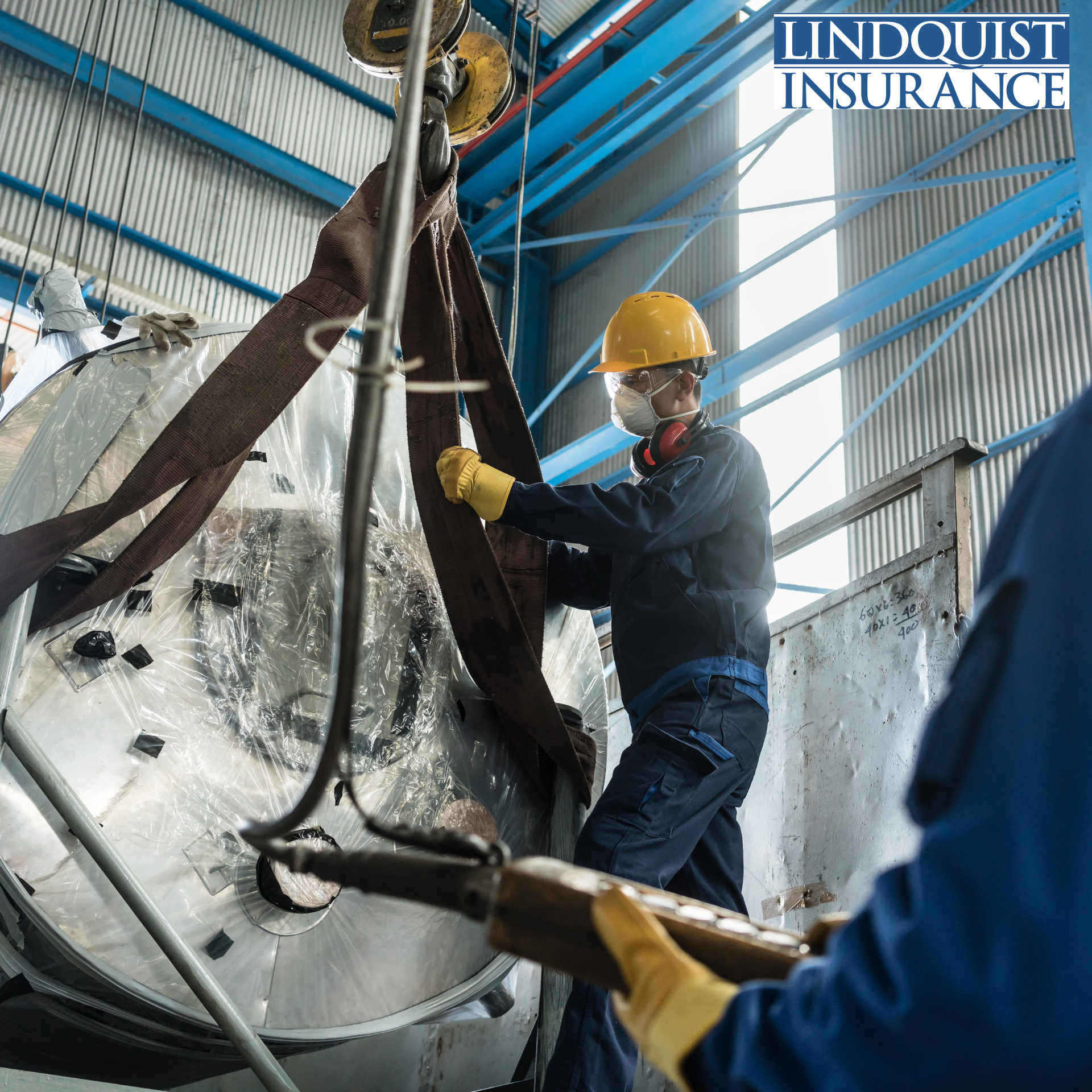

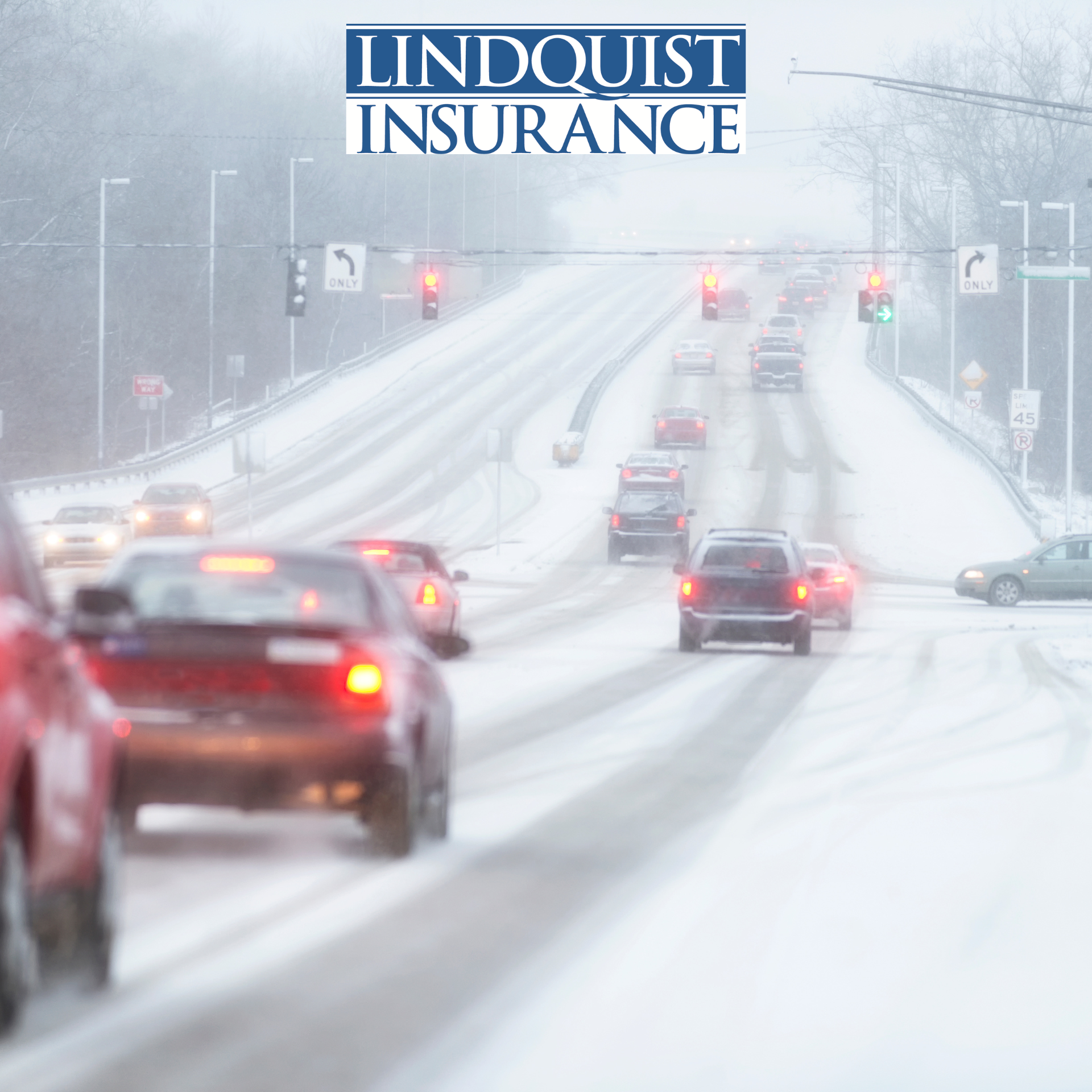
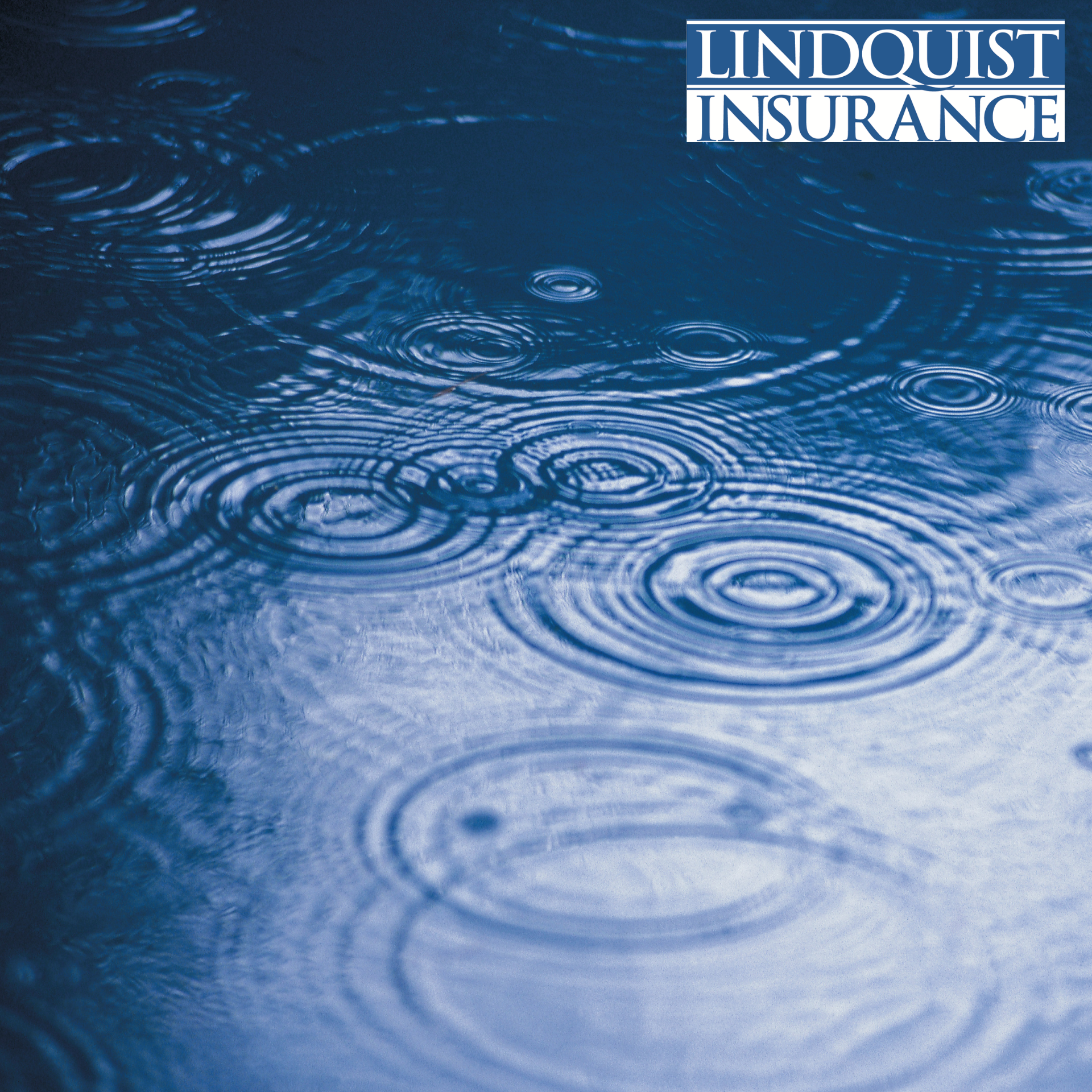

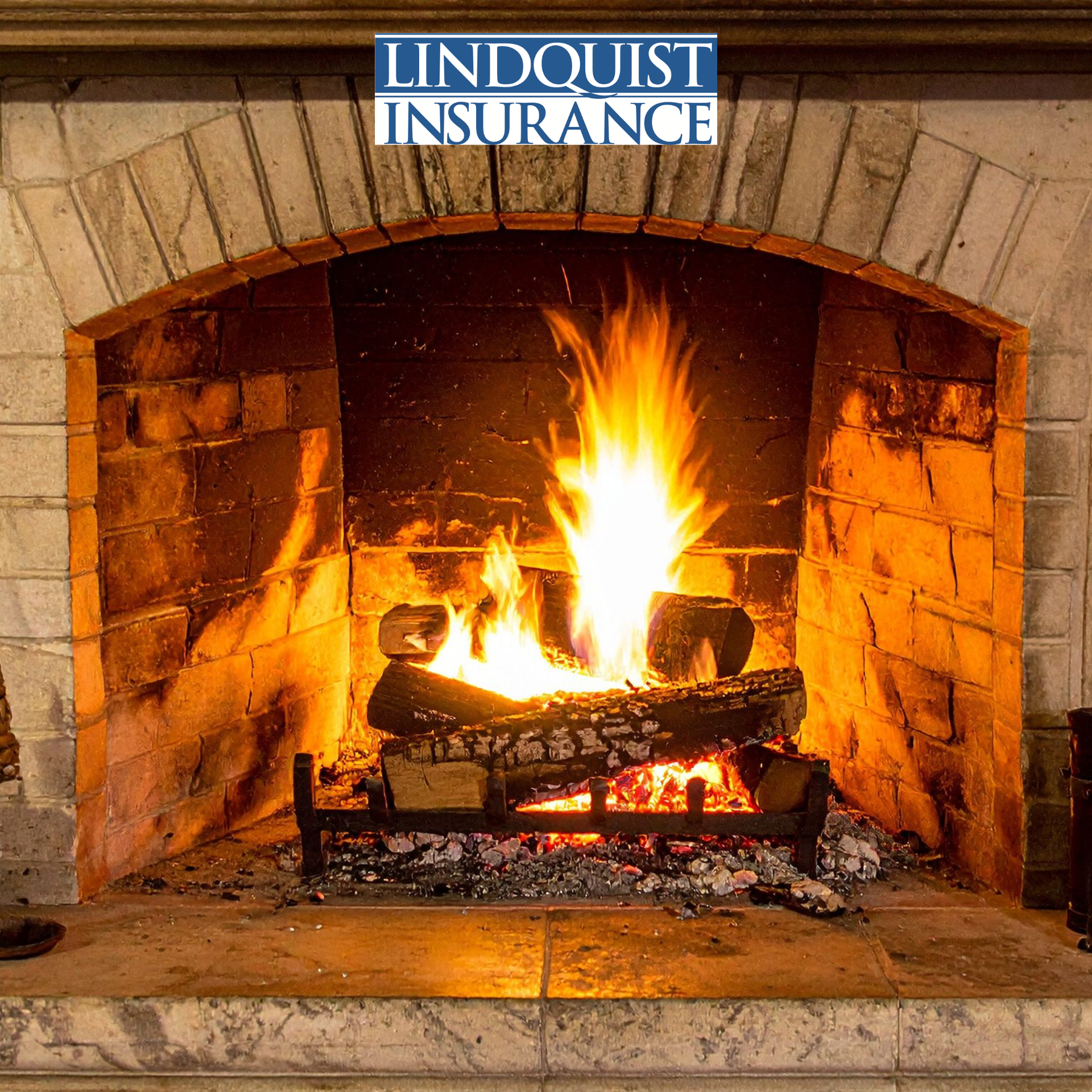

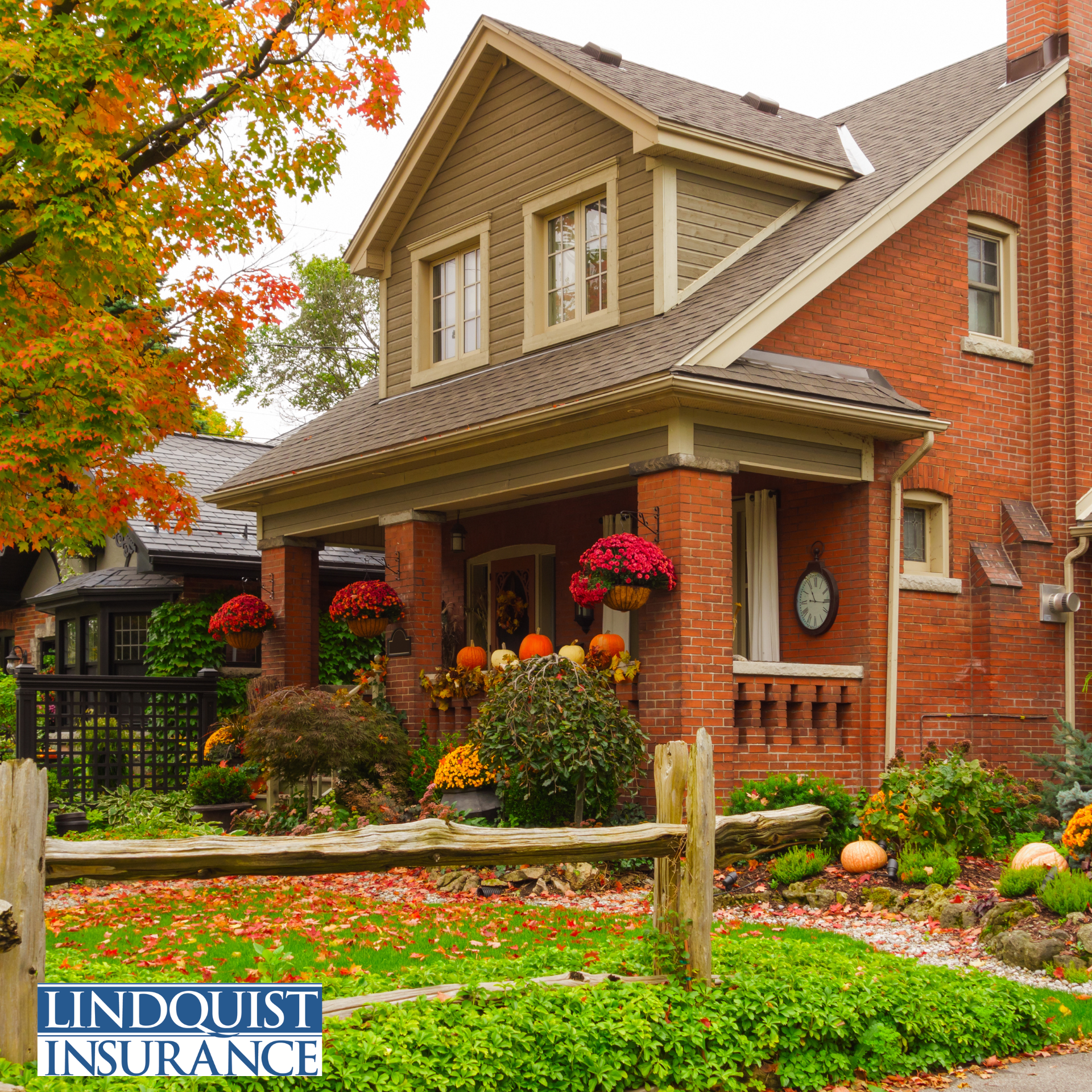
Share On: